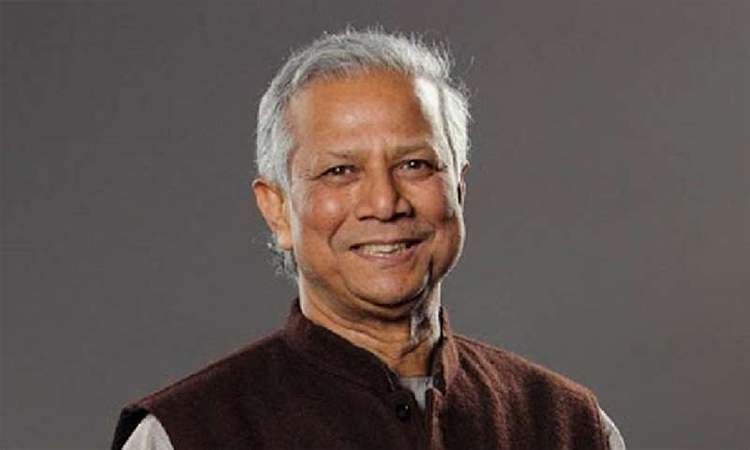Chief Adviser Muhammad Yunus has emphasized the urgent need for Bangladesh to transition toward cleaner, safer, and more affordable energy solutions as the country pursues sustainable economic development.
Speaking at a virtual conference on Thursday evening with Carl Page, Chairman of the Anthropocene Institute, and his colleagues, Yunus said Bangladesh one of the world’s most densely populated and climate-vulnerable nations cannot afford prolonged dependence on fossil fuels, according to a press release issued by the Chief Adviser’s Press Wing.
“It is time for Bangladesh to seriously consider clean energy alternatives, including large-scale solar deployment,” Yunus said.
Carl Page, brother of Google co-founder Larry Page, highlighted recent advances in next-generation nuclear technologies and hybrid systems that offer reliable, zero-carbon power. He noted that barge-mounted nuclear reactors are cost-effective, low-maintenance, and capable of powering Bangladesh’s expanding industrial sector for decades.
Nuclear power, Page added, is no longer a taboo topic among major development financiers such as the World Bank. Countries like Indonesia are already adopting these technologies to meet their rising energy demands.
He also observed that Bangladesh, with its strong track record of innovation, is well-placed to lead the clean energy transition, bringing benefits such as job creation, stable energy prices, and greater industrial competitiveness.
Yunus noted that the interim government has recently introduced a new national power policy to accelerate solar energy adoption. However, he stressed that any decision on nuclear options would require rigorous research and feasibility studies.
“We will certainly explore these opportunities,” the Chief Adviser said. “But we need in-depth studies on these promising technologies. There is no question, Bangladesh must drastically reduce its dependence on fossil fuels.”
Chowdhury Ashiq Mahmud Bin Harun, Executive Chairman of the Bangladesh Investment Development Authority (BIDA), and Lamiya Morshed, Senior Secretary and SDG Coordinator, also joined the meeting.


